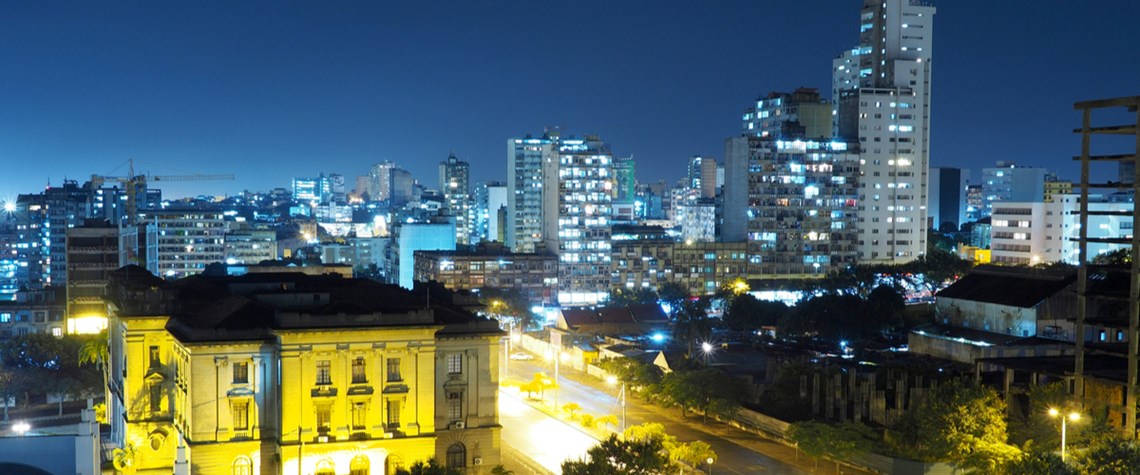Mozambique’s ambitious northern gas plans head south
Natural gas was supposed to help industrialise the northern provinces, but after a string of project cancellations it will be transported to the more prosperous south
What is the best way to remove the Rovuma Basin’s gas from the far—some would say forgotten—north of Mozambique to the capital and economic centre of the country in the far south? That was the only big question considered on Tuesday by Mozambique’s Council of Ministers, which decides whether it should be sent by road, sea or pipeline. Once upon a time, Mozambique had a Gas Master Plan. It was to use gas to industrialise, in particular, the gas-rich north via the allocations that Mozambique secured in various agreements. But now—with Cabo Delgado, the gas-rich province, aflame with an Islamist-inspired insurgency—those plans are in ruins. But continuing to neglect the north is liable to furth

Also in this section
27 February 2026
The assumption that oil markets will re-route and work around sanctions is being tested, and it is the physical infrastructure that is acting as the constraint
27 February 2026
The 25th WPC Energy Congress to take place in tandem as part of a coordinated week of high-level ministerial, institutional and industry engagements
26 February 2026
OPEC, upstream investors and refiners all face strategic shifts now the Asian behemoth is no longer the main engine of global oil demand growth
25 February 2026
Tech giants rather than oil majors could soon upend hydrocarbon markets, starting with North America







